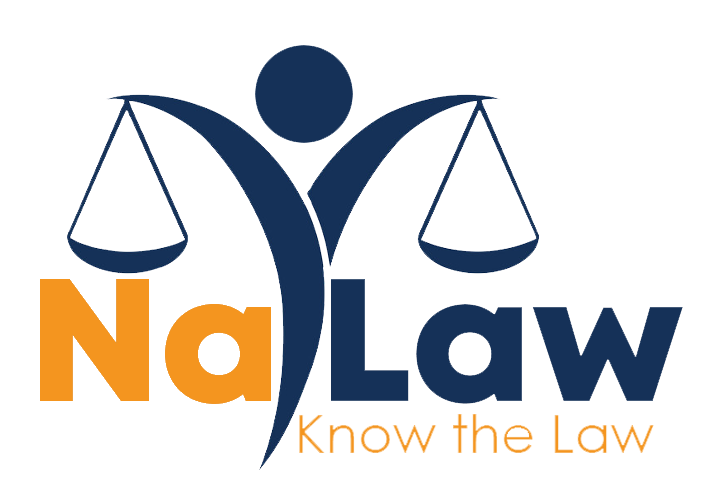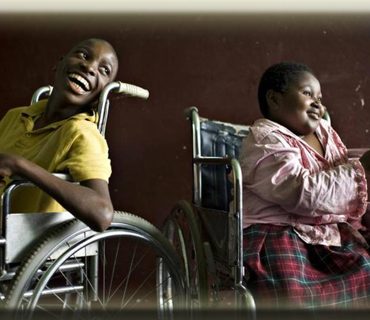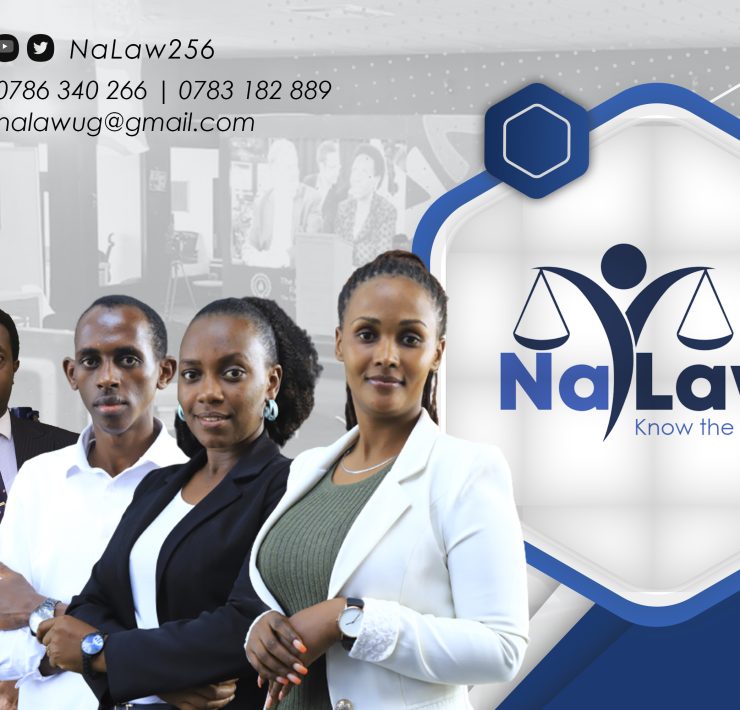CHILDREN’S RIGHTS AND WELFARE IN UGANDA

Children are one of the most extensively protected categories of persons under law and government policies around the world. According to international conventions and Uganda’s Constitution, a child is defined as a person under the age of 18 years. This definition is intended for the determination of children’s rights and their capacity to enter legally binding obligations such as contracts and marriages.
Some rights notoriously attributed to children include the right to live with a parent or guardian, freedom of expression, access to information critical to their wellbeing, protection from violence, abuse and neglect, inheritance of property, the right to safety, privacy, information and access to basic social services, freedom from discrimination, right to legal aid and representation in civil, criminal and administrative proceedings, freedom of association and from exposure to harmful cultural practices.
When any person or authority is tasked with determining children’s issues, utmost consideration is given to the welfare of the child in question. The welfare principle enshrines the ascertainable wishes and feelings of the child, its physical, emotional, and educational needs as well as its age, sex, and background. The principle is extensively recognized by the United Nations Convention on the Rights of the Child and in the Children’s Act.
Representation of children before any courts of law, tribunal, or administrative body is strictly by an adult as children are generally considered incapable of making informed and binding decisions. Appointed representatives are usually the child’s parent, guardian,n or its next of kin who is rightly appointed by a court.
Special procedures and a court are prescribed for children who come in contact with or conflict with the law and matters concerning their care and protection. The Children’s Act establishes the Family and Children Court in every district which is presided over by a Magistrate Grade 1. The court’s proceedings are informal do not follow the common rigorous legal format and are held on camera.
The employment of children is generally acceptable if it is done within the confines of child laws and the Employment Act. It is however illegal to employ a child below the age of 12 years and one under 14 can only be employed for light work and must be supervised by an adult. It is prohibited for children to work in unhealthy, dangerous, and hazardous working environments and during night hours.
Enforcement and Protection
Any community member with evidence that a child’s rights have been violated must report that infringement to the local authorities. However, every district has a probation and social welfare officer whose duties include investigation of any violations, supervision of care orders made by courts, and producing welfare reports in respect of matters regarding custody, guardianship, and maintenance of children.
Unfortunately, the duty to report child abuse is shirked by most people in the country usually due to a lack of interest in child welfare or ignorance of the existence of this duty and consider most violations as unimportant or the belief that it is not their business to interfere with another person’s treatment of their child. As a result, many children continue suffering at the hands of their custodians.
Enforcement of welfare is further hindered by the lack of access to justice and information by children who largely remain unaware of their rights. The absence of specialized programs also perpetuates injustice. In some instances, the violations are treated as minor by officials who ineffectually discard some concerns brought to their attention as unimportant or unworthy of further action.
Adolescents are widely ignored due to the cultural prejudice that considers them as grown-ups who understand and can face the consequences of their actions. Because of this, children between the ages of 15 to 18 years have been neglected by parents and authorities which has contributed to the prevalence of defilement, child marriages, teenage pregnancies, and other preventable violations.
Reforms
Full inclusion and participation of children is necessary in the promotion and implementation of policies aimed at promoting their welfare. While adults may be better at understanding and articulating children’s issues, it is still possible to misconceive generational concerns and therefore enforce a policy that does not fully consider the feelings of children but only skirts around a bare minimal adult understanding of the issue.
The National Children Authority is empowered with administrative and supervisory functions, but the agency is completely docile. It is not widely known and is underfunded. Therefore, its powers ought to be revised, and its committees be granted quasi-judicial powers to enable it to prosecute and punish violations. Government funding is imperative to improve its nationwide footing which could widen the possibility of access to justice.
The adolescents’ questions must be comprehensively exhausted by responsible authorities. If ignored, this group of children will continue making grave mistakes and some archaic cultural practices like child marriages will not be eliminated as child mothers will in turn beget more child mothers as is commonly seen, and it will quickly become an acceptable norm contrary to international custom.
By Echura Gerald



